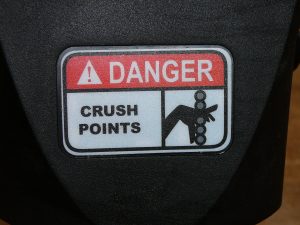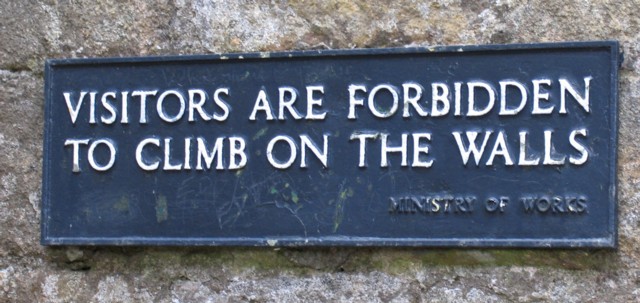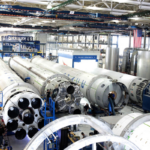Often when it comes to Health and Safety businesses seem to take a back seat. But getting things right is essential to the company. The safety of employees and visitors on site, is of paramount importance to any sized organisation.
The majority of businesses follow regulations to the letter, leaving absolutely no room for error. However, just like with anything other, companies will look to cut corners and do the bare minimum, if found out this can have disastrous consequences.
In recent years there have been some truly awful events due to failings in Health and Safety. Unfortunately, several workers died preparing for the 2014 World Cup in Brazil, with terrible working conditions the blame, along with lack of proper safety equipment. Similar issues have been touted during the construction process for the 2022 tournament in Qatar.
But it is not only at big construction sites where these sorts of tragedies have happened. Poor control led to a zoo worker suffering a fatal attack in South Africa whilst attending to a tiger.
These are extreme examples, which are naturally in a more dangerous working environment. But it is not only abroad where terrible working conditions have been reported. Sports Direct owner Mike Ashley recently had to answer to MP’s after not providing adequate Health and Safety to his employees. There were reports of no holiday, sick pay, even one staff member giving birth in a warehouse.
The costs of bad H&S
Not only can companies suffer financially from compensation and fines, but what most organisations don’t think about is the drop in productivity.
According to the Health and Safety at Work Act 1974, all aspects of health and safety comes under the responsibility of the business. Maintaining a certain standard is essential in order to not make mistakes.
Year in year out there are thousands of work related injuries because of problems with health and safety.
- A million workers self-report suffering from a work-related illness
- Thousands of people die from occupational diseases
- Hundreds of thousand workers have become injured at work
- A worker is fatally injured almost every day
Statistics like this will be variable dependant on the working site. Places such as factories, oil rigs and construction sites, have much more dangerous aspects to work than an office. However, even in offices the right kind of precautions have to be enforced in order to stay up to date and help keep employee productivity on track.
In 2012/13 a total of £14.2 billion was spent on health and safety failure. This figure is mostly compiled of fines, compensations, lost earnings, insurance, social security payments and healthcare. This highlights the issues of not cutting corners.
In terms of productivity, companies must also realise that poor H&S can result in the loss of working time and efficiency. For office workers, this could mean RSI, eye strain or backache which not only results in payment, but lack of work.
Richard Murray from Arinite Health and Safety Consultants said. ‘’It’s surprising just how many companies over look safety in the work place. It mostly happens with new businesses who are just finding their feet, but it’s essential to get things right first time around.’’
The wider justice system can provide alternative ways to hold an offender accountable. Usually it will resolve in compensation for the victim. The majority of the time this will be a cash settlement or sometimes an enhanced role within the company.

What should you do next?
Most of the time practical solutions is all you need to do. There are lots of simple things which can be done, consulting workers on a regular basis might seem obvious but it’s essential. For the less obvious, dangerous working environments, finding out the comfort of employees essential.
Finding out staff opinions on safety matters can be a big help. They can give you an insight which you might have missed, or inform you how often safety protocol is followed or should be changed. This is where planning your H&S has to be done well, considering your budget is essential, some precautionary methods might cost more than others, however failing to address these issues can result in even worse fines.
No matter how small or big an organisation is, keeping its environment safe and suitable is a basic principle which has to be followed.






























1 thought on “Why You Shouldn’t Cut Corners with Health & Safety”
Having Health and Safety policies and training of all employees is imperative to achieving a safer and healthier workplace. Management leadership and commitment is the pillar of a safe workplace.